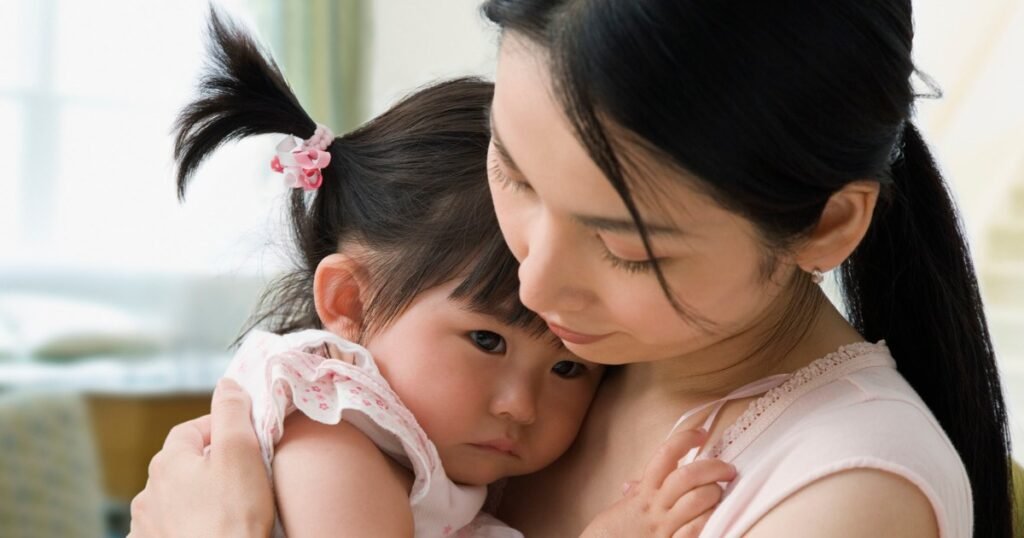
Guidance from a Child Psychologist: Ways to Raise Happy Kids
One of the most important aspects of raising a joyful child is permitting them to experience unhappiness.
While it may seem paradoxical, this approach is quite effective, according to Tovah Klein, a child psychologist and author of “How Toddlers Thrive.”
“Many of us believe that ensuring our children’s happiness means making them happy all the time. However, children inherently know how to seek joy; happiness isn’t a constant state,” Klein, who serves as director of the Barnard College Center for Toddler Development, shared with CNBC Make It. Barnard College is an undergraduate women’s institution affiliated with Columbia University.
Parents often struggle with the notion that “children are allowed to feel angry, sad, or unhappy in various ways,” she explains.
When a child is distressed, parents typically react by trying to lift their spirits or divert their attention. They may offer treats like chocolate cake or suggest a trip to the park to play. While it’s perfectly fine to do nice things for your children during tough moments, this doesn’t always tackle the root of their distress, according to Klein.
This situation can be particularly evident when the cause seems trivial, such as not being permitted to watch another episode of their favorite show or receiving the “wrong” kind of cookies for dessert.
In these instances, the child perceives their emotional response as valid, and it’s crucial for them to learn how to confront and manage those feelings, which isn’t something that comes naturally, explains Klein.
You might encourage an upset child to take deep breaths and express their emotions in words, as discussed by experts. Alternatively, you can validate the child’s emotions, even if you must maintain a firm stance, by saying things like, “I wish we could do that. Unfortunately, we can’t do it right now,” advises Klein.
“True strength lies in dealing with these intense emotions, such as anger, and recognizing that ‘Mommy or Daddy is still here for me; they aren’t upset with me, nor will they abandon me,’” she states.
Above all, keep in mind that a child’s negative feelings are transient, provided there are no significant traumatic events involved. “Assuming their day-to-day life is stable, they will find happiness,” Klein observes.
Children who acquire the skill to handle their negative emotions effectively are more inclined to cultivate the resilience essential for adult success, as research indicates.
A fear of negative emotions can lead to long-lasting behavior issues, Klein notes. Kids may feel ashamed of their emotions, leading to self-doubt such as, “I’m angry; I must be bad. There must be something wrong with me.”
This is why it’s crucial for parents to embrace the fact that their children can’t always be happy, she emphasizes: “That’s the challenging part for us as parents: Our happiness often lies in our children’s happiness. Who wouldn’t want that?”
This article first appeared on CNBC.
DON’T MISS: Looking to be wiser and more successful in handling your money, work & life?Subscribe to CNBC’s new newsletter!



